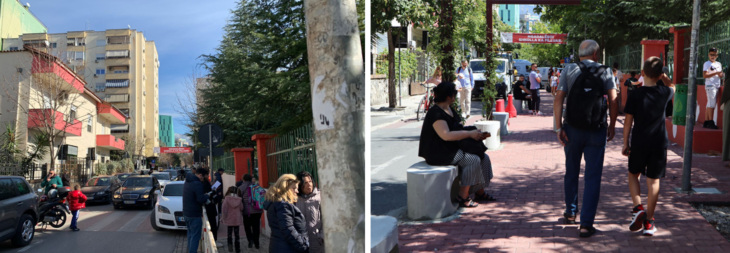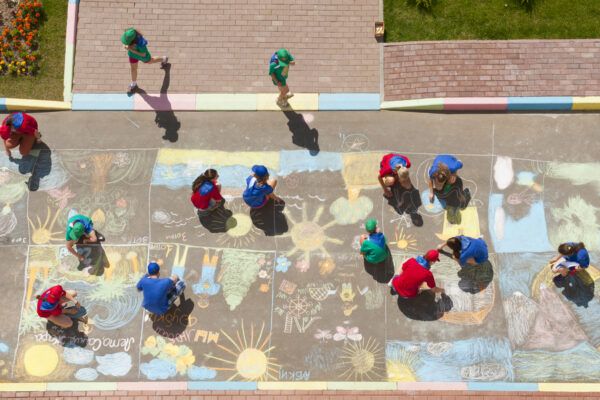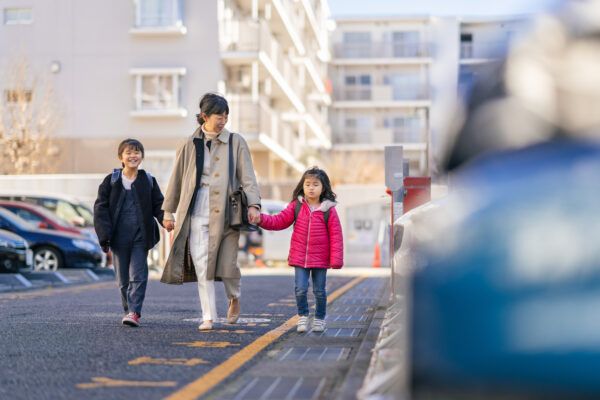About 236,000 newborns die within the first month of life from air pollution exposure. Cleaning Our Children’s Air is a new webinar series exploring what can be done about it. The second webinar in the series unpacked inspiring examples of community initiatives and campaigners who have worked for and with local communities to reduce the burden of pollution on children. Patrin Watanatada, Programme Consultant at Clean Air Fund, moderated an engaging and thought-provoking panel with three community campaigners.
“Addressing air pollution requires sustained, locally led initiatives that navigate the challenging local political, social, and economic landscape”, explains Loreto Stambuk, Director of Aires Nuevos para la Primera Infancia, Chile – Latin America’s first air quality network for early childhood. Established in 2020, the project covers eight countries and 48 cities to help measure air quality in the places where young children play and learn. By shipping air quality monitors to cities during the pandemic, they improved monitoring coverage in South America by 50%.
Poor outdoor air quality is one of those issues where a small, wise investment could genuinely have a global impact because it is so under-funded in comparison to its negative effects. Many institutions have climate mitigation funding targets. Many countries have committed to net zero. No countries have committed to zero air pollution. No countries have committed to the WHO standards. Tackling both at once allows bringing local benefits to communities.
Loreto Stambuk
One in four kids suffer from asthma in the Ironbound community, New Jersey. Ironbound Community Corporation (ICC), US is a 50-year-old organisation set up by and for the residents in Newark, New Jersey, USA to develop community-led solutions for community priorities and needs. Maria Lopez-Nunez, Deputy Director of Advocacy at ICC, paints an alarming picture of air pollution in the community. Today, Ironbound’s 55,000 residents live close to factories, warehouses, a power plant, chemical refineries, and New Jersey’s largest garbage incinerator.
It’s important for us to think holistically about our neighbourhood. How do you actually take care of children? It can’t just be by providing good education. It also has to be by fighting the institutional situations, the systemic problems that exist in our neighbourhood.
Maria Lopez-Nunez
Urban design agency, Qendra Marrëdhënie (QM) is redesigning school streets in Albania’s capital city, Tirana, to make public spaces safer, healthier, and more playful for children and families. “There’s just not very much pedestrian infrastructure especially on smaller neighbourhood streets that protect from cars. And so not only are you constantly at risk of the physical collision of being hit by a car, but of course also the air pollution too”, Simon Battisti, Director of QM explains. To combat this, QM removed a lane of parking, reduced traffic into one single lane and lowered the speed limit from 30 to 20 kilometres an hour.

Kids health and wellbeing is really not negotiable. Every single street in front of a school has to be protected.
Simon Battisti

